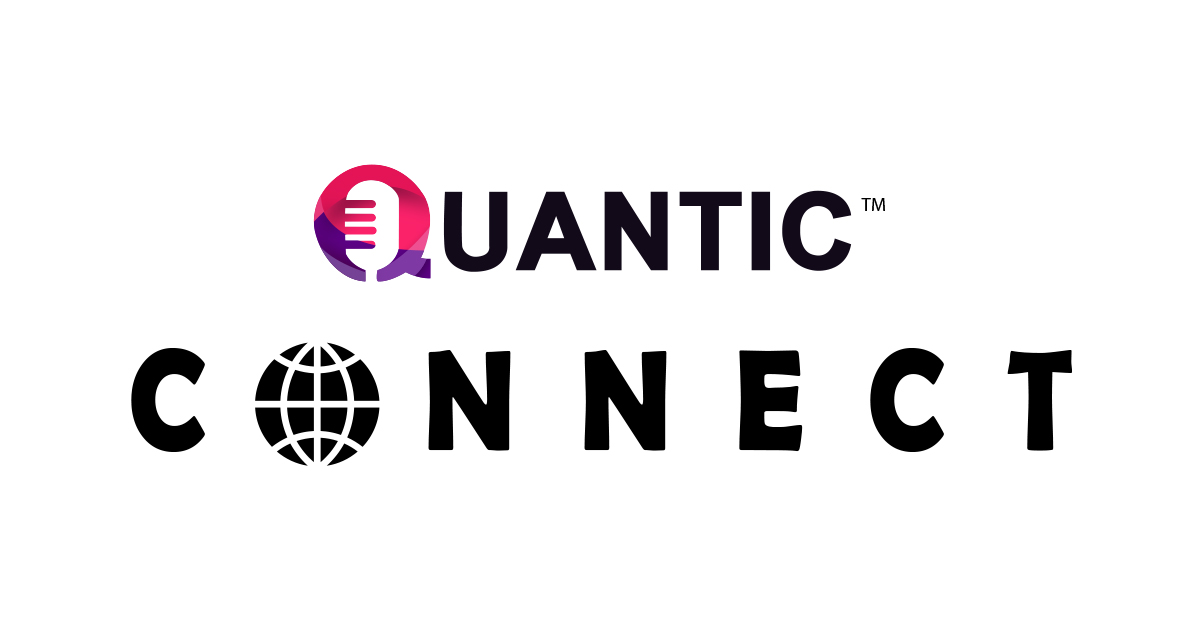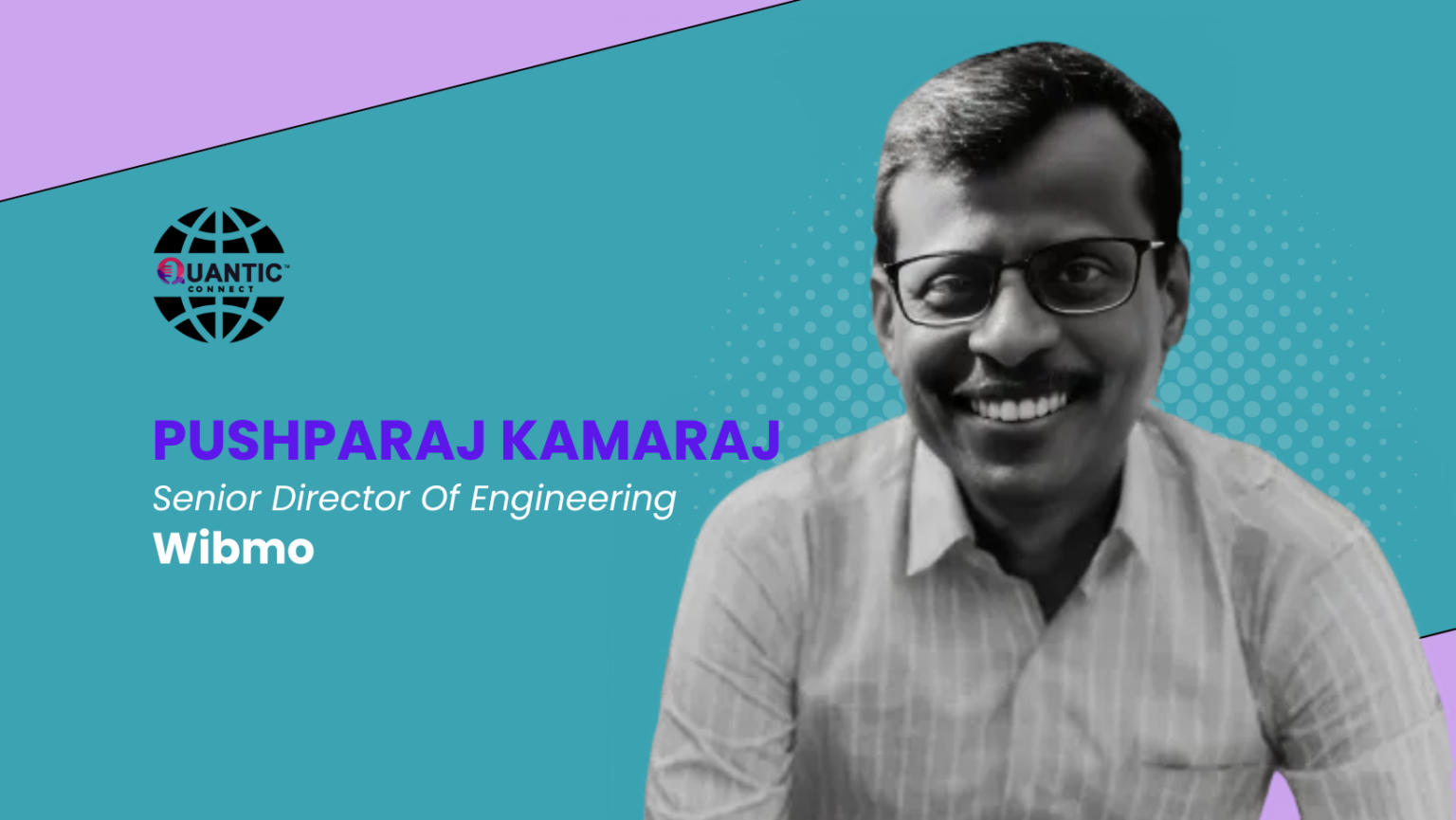Mumbai, 3rd February, 2025: In today’s rapidly evolving business landscape, leadership is not just about managing teams or achieving personal success—it’s about adapting, learning, and navigating complex challenges. The journey of leadership is shaped by the insights we gather from our experiences, the books that influence our thinking, and the mentors who guide us along the way. . From embracing change and building networks to redefining success and considering future ventures, these reflections offer valuable lessons for anyone seeking to elevate their leadership journey.
Join Mr. Pushparaj Kamaraj, Senior Director Of Engineering, at Wibmo in an engaging and interesting conversation with Mr. Marquis Fernandes, who leads the India Business at Quantic India as they explore the thoughts and reflections of a seasoned leader whose career has been shaped by continuous growth, strategic decisions, and a commitment to solving real-world problems.
Can you recommend a book that has significantly influenced your approach to leadership, and what key insights from that book have shaped your strategies or mind-set?
The book I recommend is “Only the paranoid survive by Andrew S.Grove.”
The key takeaway from the book is the importance of staying vigilant and adaptable in the face of change, especially in business. Grove, the former CEO of Intel, emphasizes that successful leaders must always be alert to shifts in their industry or market – what he calls “Strategic Inflection Points” (SIPs). These are moments when fundamental changes occur that can either make or break a company, such as new technologies, competitors, or shifts in consumer behaviour.
The author argues that companies must actively embrace these challenges rather than ignore them, and leaders should foster a culture of paranoia (in a constructive way) to encourage constant awareness of potential threats and opportunities. He also stresses the need for decisive action during these critical moments, as hesitation can lead to missed opportunities or failure.
In summary, the book advocates for a mind-set of proactive vigilance, continuous learning, and adaptability to survive and thrive in a rapidly changing business environment.
If you had the chance to start your career all over again, what would you do differently, and why?
If I had the chance to start over, I would focus on building a strong network early, diving into a product company to gain deeper industry experience, and considering entrepreneurship sooner—knowing that both failure and success in these areas would provide invaluable learning experiences that would shape me as a more effective leader and professional.
How has your definition of success evolved over the years, and what influenced that change?
My definition of success has evolved from a narrow, individual-focused view to a broader, more interconnected understanding. It’s no longer just about achieving goals, accumulating personal success, or gaining material rewards—it’s about navigating toward collective organizational goals, creating lasting impact, and seeking deeper fulfilment in alignment with my values. The influences on this evolution have been the experiences of leadership, mentorship, and the continuous self-reflection that comes with growing both personally and professionally.
If you were to start your own business, what kind of venture would it be, and what problem would it solve?
If I were to start my own business, I would likely focus on a venture within the product or BFSI and Payment domain, leveraging my experience in those industries to address specific pain points with innovative solutions. At the same time, I would remain open to non-tech business ideas that align with my values and could have a lasting impact on communities. The key would be to identify a real problem, innovate on the solution, and create value for customers, all while remaining adaptable to evolving market conditions.
If you weren’t a DevOps Leader, what other career path do you think you would have pursued and why?
While my current role as an engineering Leader allows me to engage with technology and problem-solving at a high level, I often find myself imagining what it would be like to work in an engineering discipline that directly influences how we travel, explore space, or innovate on sustainable technologies. The opportunity to contribute to projects that can have such a lasting and tangible impact on society would have been an exciting career path for me as well.
To know more about us / publish your article, reach us at
www.quanticindia.com
marquis@quanticindia.com.



